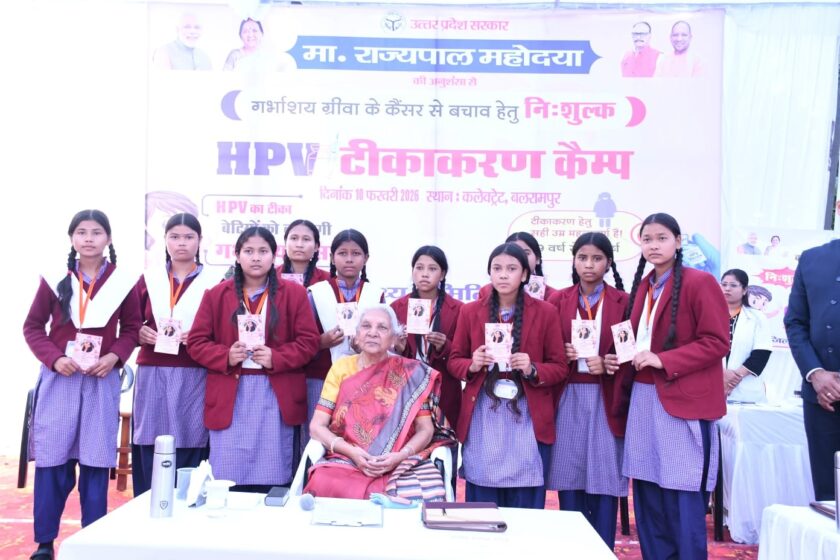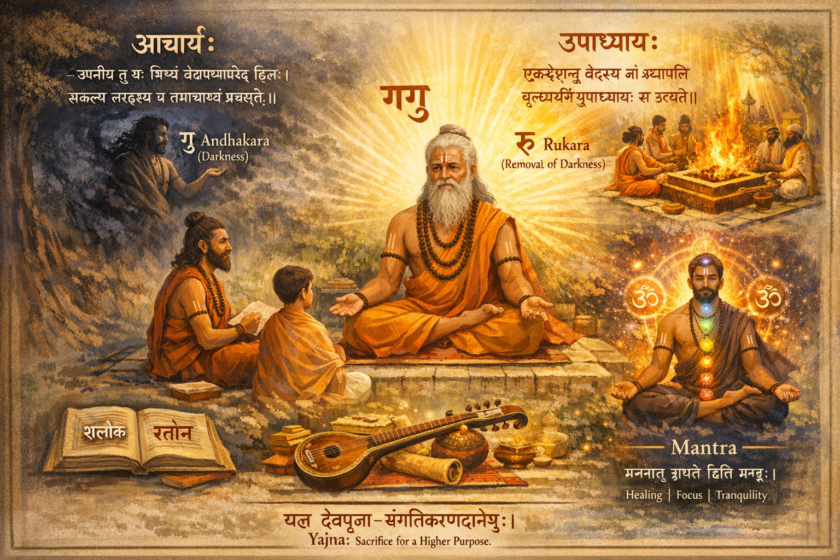Hyderbad: For a long time, political observers and critics alike have been left wondering why seasoned leaders from rival parties were so eager to join the Bharat Rashtra Samithi (BRS) despite the party already being in control of the Telangana government. The question lingered, with no clear answers emerging—until now.
Recently, a leader from Nalgonda revealed the truth behind the defections that many had been speculating about for years. According to the Nalgonda leader, the mass shift of leaders from various parties to BRS was largely driven by promises made by K Chandrasekhar Rao (KCR), the former chief minister and BRS president.
KCR’s Two-Month Ministerial Promises
In a candid conversation with reporters, the Nalgonda chieftain shared details of KCR’s bold pledges to leaders from opposition parties. “Ninnu mantri ni chestha rendu nelallo, amma thodu!” was a promise reportedly made by KCR to these leaders, which roughly translates to: “I swear that I’ll make you a minister in two months.”
However, the Nalgonda leader, who was part of the defection wave, humorously added, “The two months never came for wannabe ministers.” His comment revealed the disillusionment among those who had joined BRS expecting quick rewards, only to find that their hopes of ministerial posts remained unfulfilled.
This disclosure sheds light on the internal dynamics within BRS, revealing that KCR’s promises may have been a strategic move to lure prominent political figures, but the reality of the promises was far different. The discontent among defectors has only now come to the surface, casting a shadow on the party’s image as leaders who were once key players in other parties now find themselves sidelined.
The Allure of Ministerial Positions and Its Aftermath
The Nalgonda leader’s revelations serve as a window into the political maneuvering behind the defections. Many of these leaders, drawn by the allure of ministerial positions and the promise of greater influence, made the leap to BRS with high expectations. However, the reality of political promises, especially in a party as tightly controlled as the BRS, soon became apparent.
The broken promises of KCR not only left many leaders disgruntled but also raised questions about the ethics of such political strategies. The disillusionment is palpable among those who had hoped to gain power and influence, but instead, found themselves struggling for recognition in a party that already had its hierarchy firmly in place.

Congress’s Political Affairs Committee (PAC) Meeting: A New Power Struggle
In a related political development, the Congress Party’s Telangana unit (TPCC) recently held a crucial Political Affairs Committee (PAC) meeting, signaling an internal power struggle within the party. AICC General Secretary KC Venugopal was present at the meeting, which was seen as a key moment for Congress to assess its position ahead of future political battles in the state.
However, the meeting took a surprising turn. Only a select few were invited to the conference, and key ministers were notably excluded. This raised eyebrows within the party, with many expecting a more inclusive and decisive discussion, especially given the context of Chief Minister A Revanth Reddy’s recent remarks about his colleagues’ underperformance. Instead, the meeting was described as subdued, with leaders engaging in small talk rather than addressing the serious concerns facing the party.
This meeting’s outcome has left many within the Congress camp questioning its direction, particularly as the party navigates through a period of internal discord and external challenges.
A Shifting Political Landscape in Telangana
The recent revelations about KCR’s promises and the Congress PAC meeting add a new layer of complexity to the political landscape in Telangana. While BRS has continued to attract leaders from rival parties with promises of power and influence, the party’s leadership may now face greater scrutiny as its internal contradictions become more apparent. The Congress, on the other hand, finds itself grappling with internal divisions that threaten to undermine its ability to compete effectively in the state.
As political defections and internal struggles continue to shape the trajectory of Telangana’s politics, it remains to be seen how these dynamics will influence the upcoming elections and the future of both BRS and Congress in the state.










